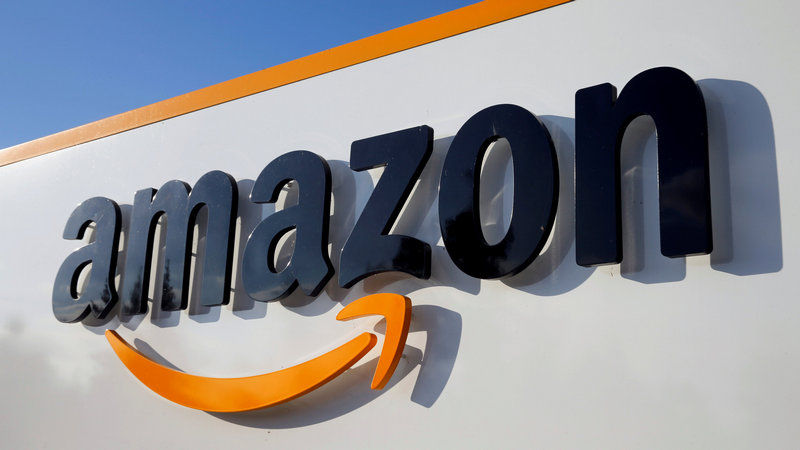EU Investigates Anti-Competitive Practices by Amazon
September 21, 2018 | Expert Insights

The EU Competition Commission has initiated an investigation into Amazon’s marketplace and the potential misuse of sales data from third-party merchants in order to promote and price its own products better than its competitors.
Background
Amazon is both a merchant that sells products and a platform for other merchants to sell its products. This has raised some questions about Amazon’s ability to comply with competition law. Amazon is being accused of using sales data to identify merchant products that are popular and then producing its own version of the products at lowered prices.
By 2019, Amazon will account for 50% of online sales in the United States. With Amazon’s significant market presence, anti-competitive practices would make it challenging for independent merchants to compete adequately. More than half of Amazon’s sales from last year were from third-party sellers. Anti-competitive practices would result in a decrease in these sales.
The EU Competition Commission is evaluating Amazon to determine if it is using its insights into consumer preferences to gain a competitive advantage that is unavailable to independent merchants. The Commission has begun questioning merchants and sellers to analyze Amazon’s practices.
Analysis
Faced with rising costs from Amazon’s data and advertising services, third-party sellers are citing reduced returns and blaming Amazon’s growing brand of products. While these sellers benefit from using Amazon’s marketplace, that usage also gives Amazon vast amounts of data about what products are popular with consumers and what kinds of packages are highly demanded. Merchants suspect that Amazon uses this data to fine-tune their products to be marketed better and sold cheaper, effectively pushing other merchants out. If the Commission’s investigation indicates Amazon is being anti-competitive, potential sanctions and regulations could threaten its dominant position in its European market.
The EU has stricter rules than the U.S. with regards to competition. The U.S. investigates cases where companies are contributing to higher prices for consumers while the EU additionally determines if companies are using their dominant position to muscle out competitors. However, Amazon is also under pressure in the U.S. for anti-trust issues. Critics of Amazon have also suggested that the current antitrust regulations are not adequate for dealing with a company with such a high level of market dominance. In addition, criticism of Amazon has gained popularity across the political spectrum. In the U.S. Trump blames Amazon for trampling over its smaller competitors and misusing the U.S. postal system. On the other side, Bernie Sanders has criticized the company for unethical labour practices in Amazon warehouses.
Both the U.S. and the EU are considering re-evaluating the current legal frameworks as calls increase for increased regulation of companies that dominate their industries. Amazon has been previously investigated for tax avoidance in the EU and recently paid a settlement as back taxes. Additionally, the EU has been especially strict on regulations governing companies providing global technology platforms. The EU has recently been involved in conflicts with other major tech companies, resulting in substantial fines against Google, Facebook and Apple. This reinforces the EU’s image of being tough on tech companies and serves as a model for the American regulatory authorities to emulate. As Amazon continues to grow, the EU is likely to get more wary of Amazon using unethical or illegal practices.
Assessment
Our assessment is that the EU Competition Commission is likely to find cause to sanction Amazon against anti-competitive practices. The EU is typically tough with regulations on tech companies and also usually takes a hard stance on data breaches. We feel that this makes it probable that the Commission will find the cause and implement stricter regulations or fine the company as they have done with other American tech companies.








Comments